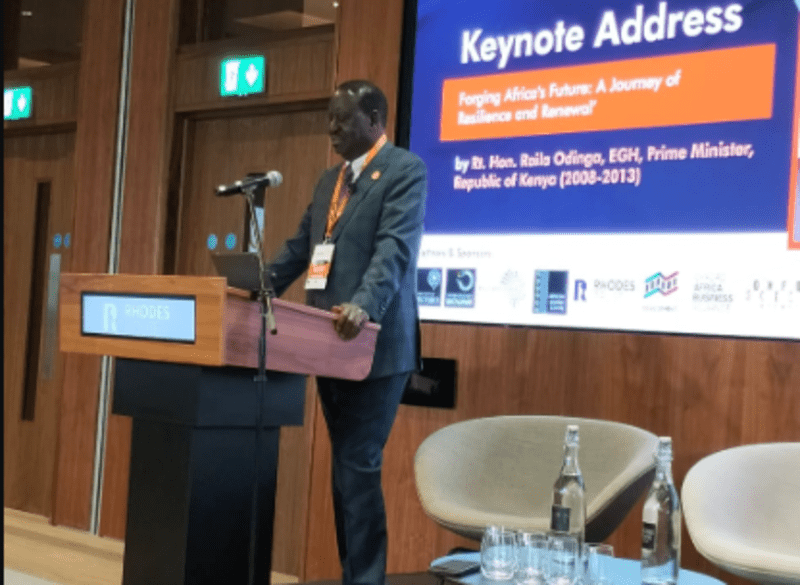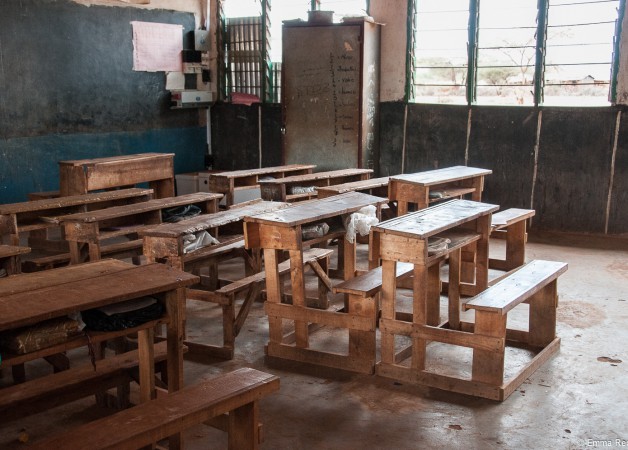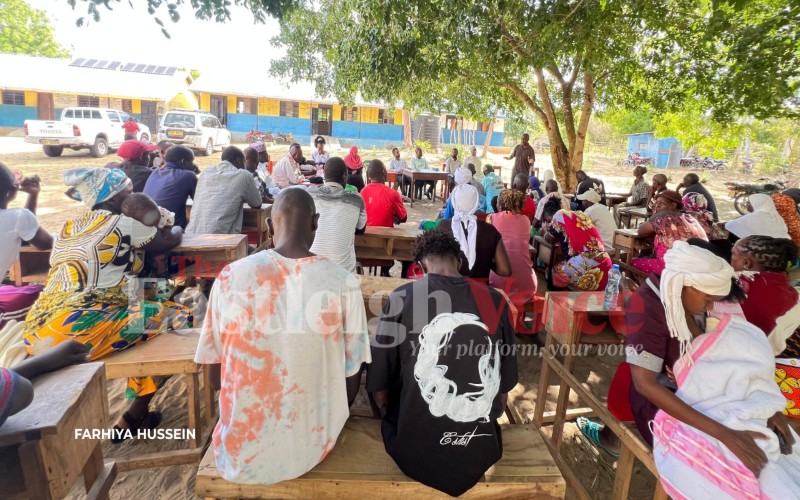Raila calls for intra-African trade and connectivity among African countries

Raila also highlighted the importance of water transport and the blue economy, proposing initiatives like enhancing river transport to create navigable routes connecting the Mediterranean through the Nile to Lake Victoria.
Opposition leader Raila Odinga has made a compelling case for enhancing intra-African trade and improving connectivity across the continent to foster economic prosperity.
Speaking at the prestigious Oxford Africa Conference in London, Raila emphasised the urgent need for infrastructural development and policy reforms to overcome the barriers hindering Africa's progress.
More To Read
- Saboti MP Caleb Amisi warns ODM may not survive 2027 after by-election struggles
- Raila Odinga's sister Beryl Achieng dies
- Why fight over ODM threatens party’s future, Odinga dynasty - analysts
- Oburu Oginga declares firm grip on ODM, promises to lead in Raila’s footsteps
- Why ODM should convene NDC meeting over broad-based pact with Ruto- Winnie Odinga
- ODM at 20: Babu Owino warns of mass action over cost of living, questions new appointments
Raila, who is contesting for the chairmanship of the African Union Commission (AUC), highlighted the continent's low intra-trade levels, currently at 15 per cent, compared to significantly higher figures in other regions.
"Intra-African trade stands at just 15 per cent," Raila said. "To unlock Africa's economic potential, we must overcome these barriers and invest in infrastructure that connects our nations and facilitates the movement of goods and people."
I thank @oxfordafrica for hosting me today to give a keynote speech on Charting Africa's Path Forward: A Journey of Possibilities.
— The Raila Odinga Amolo Foundation (@RailaOdinga) May 24, 2024
I am an African and an afro-optimist. Africa is my business. Simply put, the animating vision throughout my life has been #AfricanLivesMatter pic.twitter.com/uat4ktgcQK
Addressing scholars and students at Rhodes House, Oxford University, Raila detailed his vision for Africa if elected as AUC chairman.
He emphasised the significance of the African Continental Free Trade Area (AfCFTA) in promoting intra-African trade but acknowledged existing challenges.
"Improving these connections will facilitate the movement of goods across the continent, making Africa more accessible and attractive for investment," he said.
Raila also highlighted the importance of water transport and the blue economy, proposing initiatives like enhancing river transport to create navigable routes connecting the Mediterranean through the Nile to Lake Victoria.
"By enhancing river transport, we can create navigable routes, such as connecting the Mediterranean through the Nile to Lake Victoria," he stated.
The conference, co-convened by Ruth Nanjala, Vice President of the Oxford Africa Society, aims to chart solutions to African problems for Africans. This year’s focus area includes governance and democracy, healthcare, climate innovation and sustainability, and AI and technology.
Raila stressed that addressing infrastructural challenges would pave the way for increased intra-African trade, job creation, and economic growth.
"We aim to transform Africa from a supplier of raw materials to a continent that adds value to its resources by producing manufactured goods and creating jobs," he said.
Reflecting on Africa's colonial past, Raila noted its lingering effects, including threats to democratic gains, economic marginalisation, and external insecurities. He emphasised the need for unity and resource mobilisation for collective progress.
"I believe that the greatest hindrance to Africa’s aspirations has been disunity and our inability to mobilise our resources for the collective drive of the continent’s citizens," he said.
Raila also called for the entrenchment of democracy as essential for stability and economic growth, noting that 19 African countries are slated for presidential or general elections this year.
"How these elections go will have a huge bearing on how we proceed as a continent," he said.
He cautioned against the return of conflicts and coups, citing the civil war in Ethiopia, the humanitarian crisis in Tigray, and conflicts in the Sahel, Sudan, and DR Congo as worrying trends.
"Africa could, but must not be caught again in proxy wars between foreign powers as happened during the Cold War... While we need to engage with the world, Africa must find ways to navigate old and new geopolitical interests that often put it to great disadvantage."
Top Stories Today












































